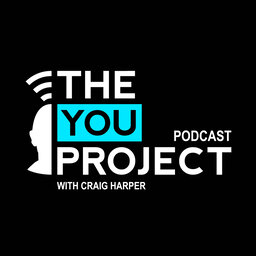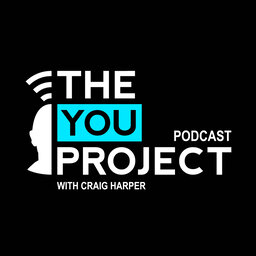#1756 Taming Your Toxic Load - Dr Marc Cohen
Marc Cohen, the amazing Triple-Doc (Medical Doc and 2 x PhD) is back and among other things, this time we discuss the ever-expanding number of toxins we humans need to navigate, avoid and mitigate in an attempt to create, not only a healthy body, but also a healthy lifestyle, home, workplace and day-to-day operating system. Interestingly, not all toxins are chemical; some of them are psychological, emotional and/or sociological. Did you know that just being around certain people can be bad for your physical health? And in better news, the opposite is also true.
In 1 playlist(s)
The You Project
The You Project is a 30-90 minute dose of inspiration and education hosted by Craig Harper with grea…Social links
Follow podcast
Recent clips

#2086 Q & A With Dr. Jeff Gross
55:29

#2085 You And Your Brain - Moheb Costandi
49:50

#2084 Are We Paying More Or Less For Health Care? - James Gillespie
36:37
 The You Project
The You Project